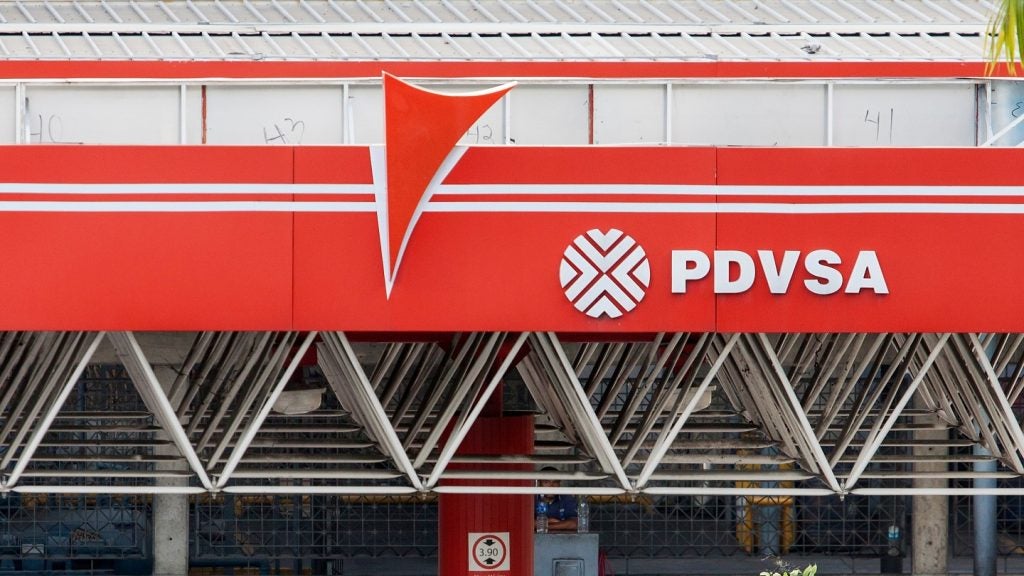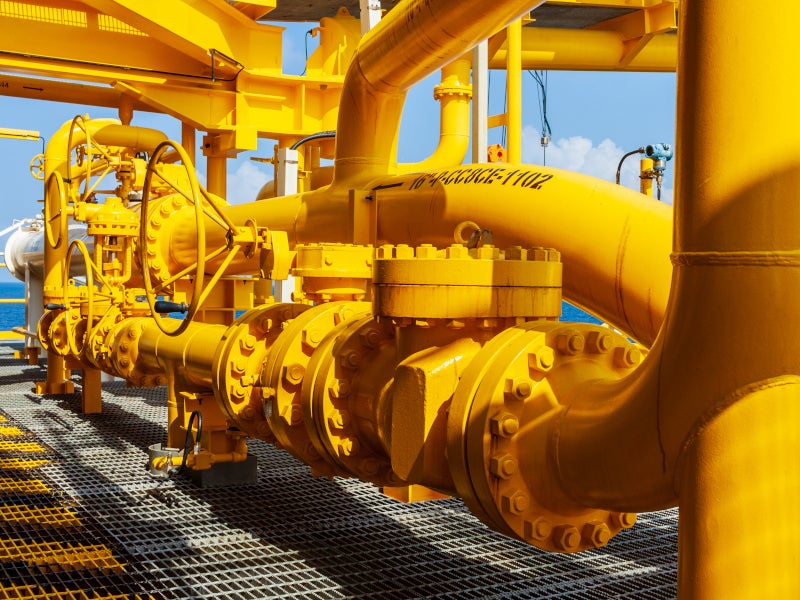Elliott contemplating bid for parent of Citgo Petroleum
A group of creditors represented by Centerview Partners is attempting to attract ConocoPhillips to join a competing offer.

A group of creditors represented by Centerview Partners is attempting to attract ConocoPhillips to join a competing offer.



The Biden administration has raised royalty rates on oil drilling from 12.5% to 16.67%, marking the first increase in more than 100 years.
The oil & gas industry continues to be a hotbed of patent innovation. Activity is driven by the need for...



Offshore Technology Focus is the essential reading material for decision-makers in the global offshore oil and gas industry, bringing you the latest news and analysis in an exciting, interactive format. Subscribe
‘Sheer scale of the challenge’ the biggest barrier to net zero in APAC
Venezuela’s former oil minister arrested for money laundering
How “energy-hungry AI” is straining grids and spreading climate disinfo
World-first connectivity: Key announcements from MWC24